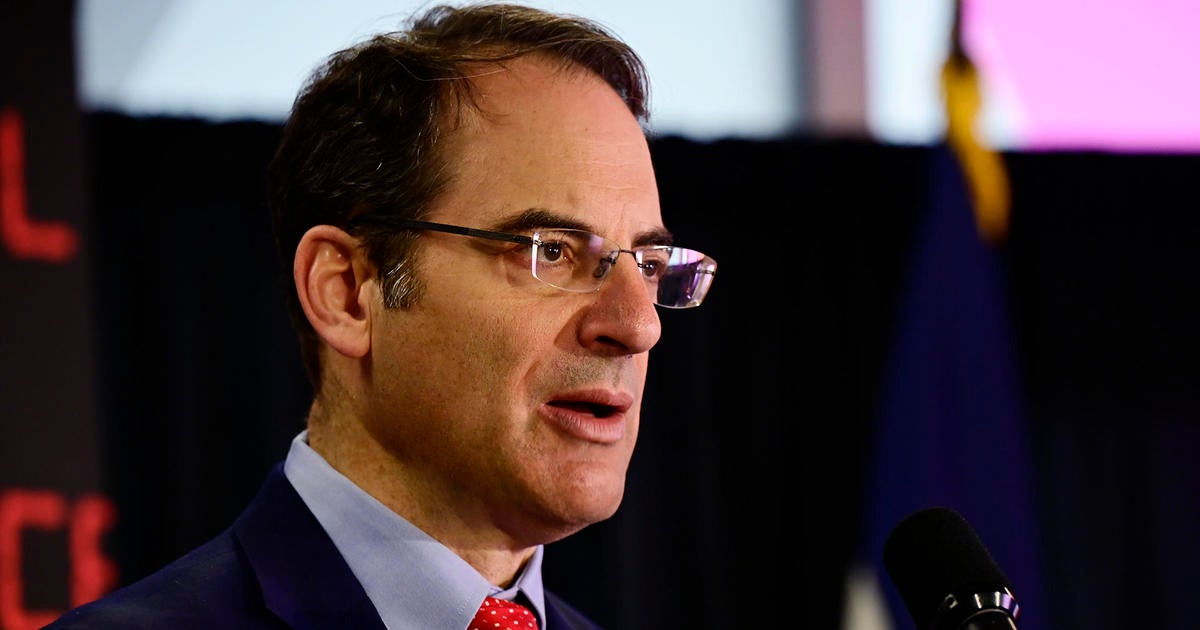Millions at Risk: How the Tax Bill Could Strip Away Health Insurance Coverage

A controversial tax bill currently under consideration could drastically reshape the healthcare landscape in the United States, potentially leaving millions without health insurance. Analysis from the Congressional Budget Office (CBO) suggests that if the bill becomes law, approximately 11.8 million adults and children could face the risk of losing coverage. This prospect has ignited fierce debate and raised serious concerns about access to healthcare for vulnerable populations.
The Core of the Issue: Medicaid and the Premium Tax Credit
The potential loss of coverage primarily stems from two key provisions within the tax bill: changes to Medicaid and the premium tax credit. The bill proposes significant reductions in federal funding for Medicaid, a program that provides health insurance to low-income individuals and families. These cuts would likely lead states to scale back their Medicaid programs, potentially excluding eligible individuals and families.
Furthermore, the bill aims to repeal the premium tax credit, a subsidy that helps individuals and families afford health insurance purchased through the Affordable Care Act (ACA) marketplaces. Without this credit, many people, particularly those with modest incomes, would find it significantly more difficult, if not impossible, to afford health insurance premiums.
Who's Most Vulnerable?
The impact of these changes wouldn’t be evenly distributed. Low-income families, children, and individuals with pre-existing conditions are among those most vulnerable to losing coverage. Those living in states that have expanded Medicaid under the ACA would also be disproportionately affected by the proposed Medicaid cuts. The bill’s provisions could exacerbate existing health disparities and create new barriers to care for those who need it most.
Economic and Social Consequences
Beyond the immediate impact on individuals and families, the potential loss of health insurance coverage could have broader economic and social consequences. Uninsured individuals are less likely to seek preventative care, potentially leading to more serious and costly health problems down the road. Hospitals and healthcare providers could also face increased financial strain as they treat uninsured patients.
Moreover, a significant increase in the uninsured population could negatively impact the labor market, as employers may be hesitant to hire individuals with pre-existing conditions or those who require frequent healthcare services. The ripple effects could extend to local economies and the overall national economy.
A Heated Debate and Uncertain Future
The debate surrounding the tax bill and its potential impact on healthcare has been intensely politicized. Supporters of the bill argue that it will stimulate economic growth and reduce the national debt. However, critics contend that the healthcare consequences far outweigh any potential economic benefits. The bill’s future remains uncertain, as it faces opposition from Democrats and some Republicans. Regardless of its final outcome, the debate has highlighted the ongoing challenges of ensuring affordable and accessible healthcare for all Americans.
As the legislation moves forward, it is crucial for policymakers to carefully consider the potential consequences of these changes and to prioritize the health and well-being of all citizens. The stakes are high, and the future of healthcare access for millions hangs in the balance.






